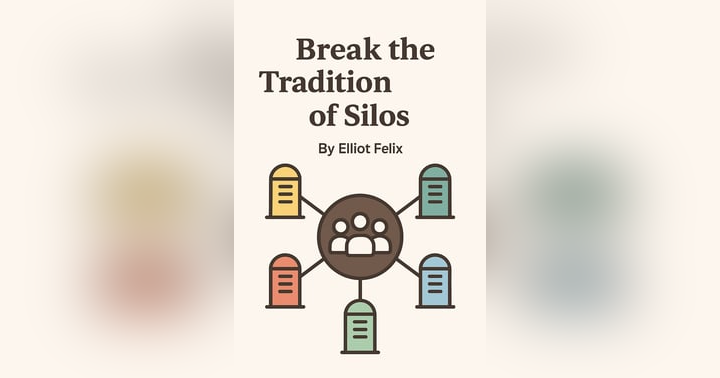Why are college students not showing up to exams? Tackling academic stress with strong study habits.

Exams have long been a source of stress and anxiety for students in higher education. It’s no surprise then according to Kahoot!’s Study Habits Snapshot 2024, nearly half of students surveyed say tests or exams make them feel stressed or anxious often, almost always, or always. What is surprising is what students are doing about it, or rather, not doing: more than 2 in 5 college students (42%) now say they have intentionally missed or avoided an exam, most often due to lack of preparation or fear of failure.
As the conversation around student mental health grows, these findings reveal a compelling connection between study habits, mental health, and ultimately academic success—in exams and beyond. Students’ reporting shows many in need of significant support: two-thirds of college students surveyed say mental health challenges hamper their ability to study or complete assignments several times a month or more. Half of students say overwhelming stress or anxiety is a weekly or daily occurrence for them.
In this collision of academic and life stresses, students understandably say that studying inspires more negative than positive emotions, the most common being anxiety (41%), followed by boredom (39%) and frustration (37%). However, students who rate their study skills as good or excellent report more positive feelings while studying. Interestingly, 99% of students with strong study habits also report performing as well or better than they expected on tests. This highlights how healthy and effective study habits can be transformative—not only for students’ exam scores, but for their attitude towards learning.
In fact, when asked what would improve their studying, students’ top answer (54%) was better study habits, ranking even higher than more time to study. What do these healthier study practices look like, and how can students use them to ease their stress and boost their confidence and motivation? Here are three key tips to get started:
- Study smarter, not harder. When asked about their biggest studying challenge, nearly half of students pointed to time management. This doesn’t mean students aren’t taking the time to study though, as 42% of students report spending at least 10 hours per week studying. The missing ingredient is efficiency. For example, re-reading notes is the #1 most common study strategy, used by 96% of students. However, research has shown that retrieval practice—practicing recalling information—is a much more effective way to retain knowledge and make learning stick.
Instead of simply spending more time on their usual study routine, students may see more success by adopting evidence-based study strategies and tools. With an optimized approach, students can make the most of their time, achieve their study goals with less stress, and even decrease test anxiety.
- Stay focused and elevate learning with technology and AI. While some may still think of studying as needing only a book and a highlighter pen, many students are looking to technology to help them up their studying game. Most students (63%) now see digital, interactive study tools as important to their learning process, and 70% use AI to study, complete assignments, or both. Though many educators and institutions are grappling with AI’s place in education, using AI within thoughtfully designed learning tools can support more focused and effective studying, without the temptation to let AI do all the work. For example, students can save time on creating study materials by scanning their notes and using AI to generate study questions, making retrieval practice more accessible.
- Gamify learning to stay in the zone. When studying is fun, motivation comes more naturally and with less stress. Friendly competition and interactivity can energize a study session, whether the student is trying to beat their own high score or challenging their study group. There are many ways to introduce a more playful approach to studying, from low-pressure solo play and open-book practice quizzes to exciting team-based knowledge battles that get the entire class ready for finals. Digital tools can also make it much easier to create engaging study sessions, as they utilize many of the elements that make gaming apps so compelling to instead keep students focused on learning.
While better study habits can’t overcome every stressor and mental health challenge, they can help students tackle some of their biggest study struggles, including time management and motivation. These strategies can empower students with the skills and tools to study efficiently, effectively, and with less stress, preparing them to take on exam day with confidence.

























